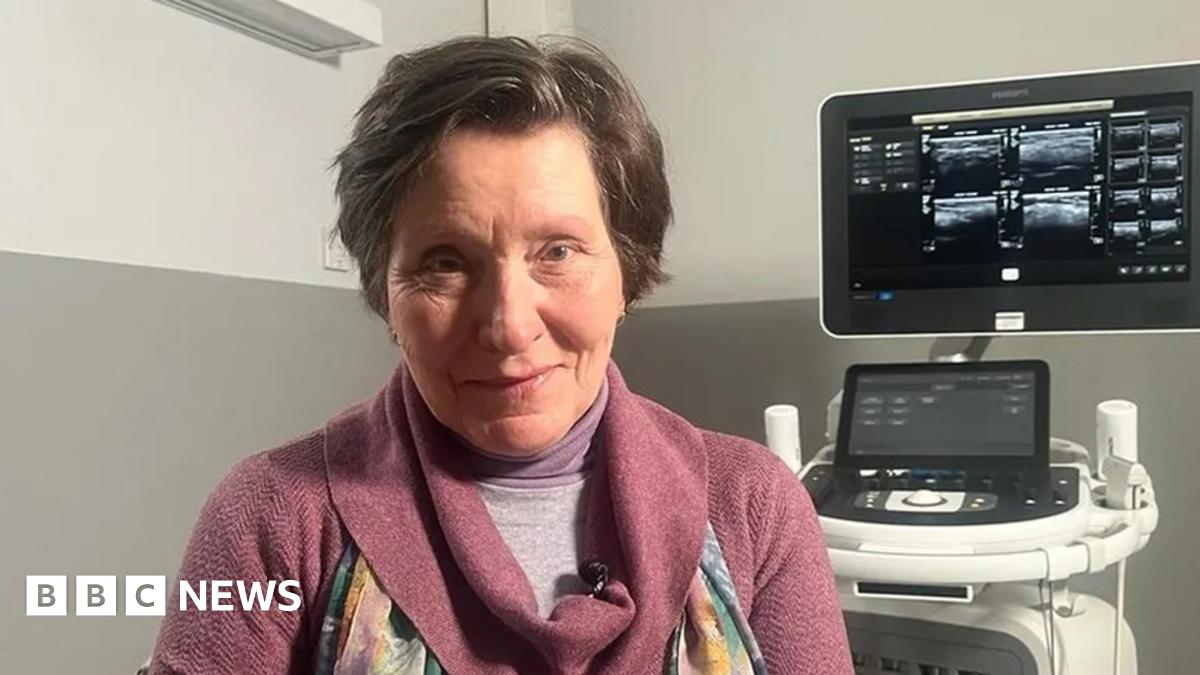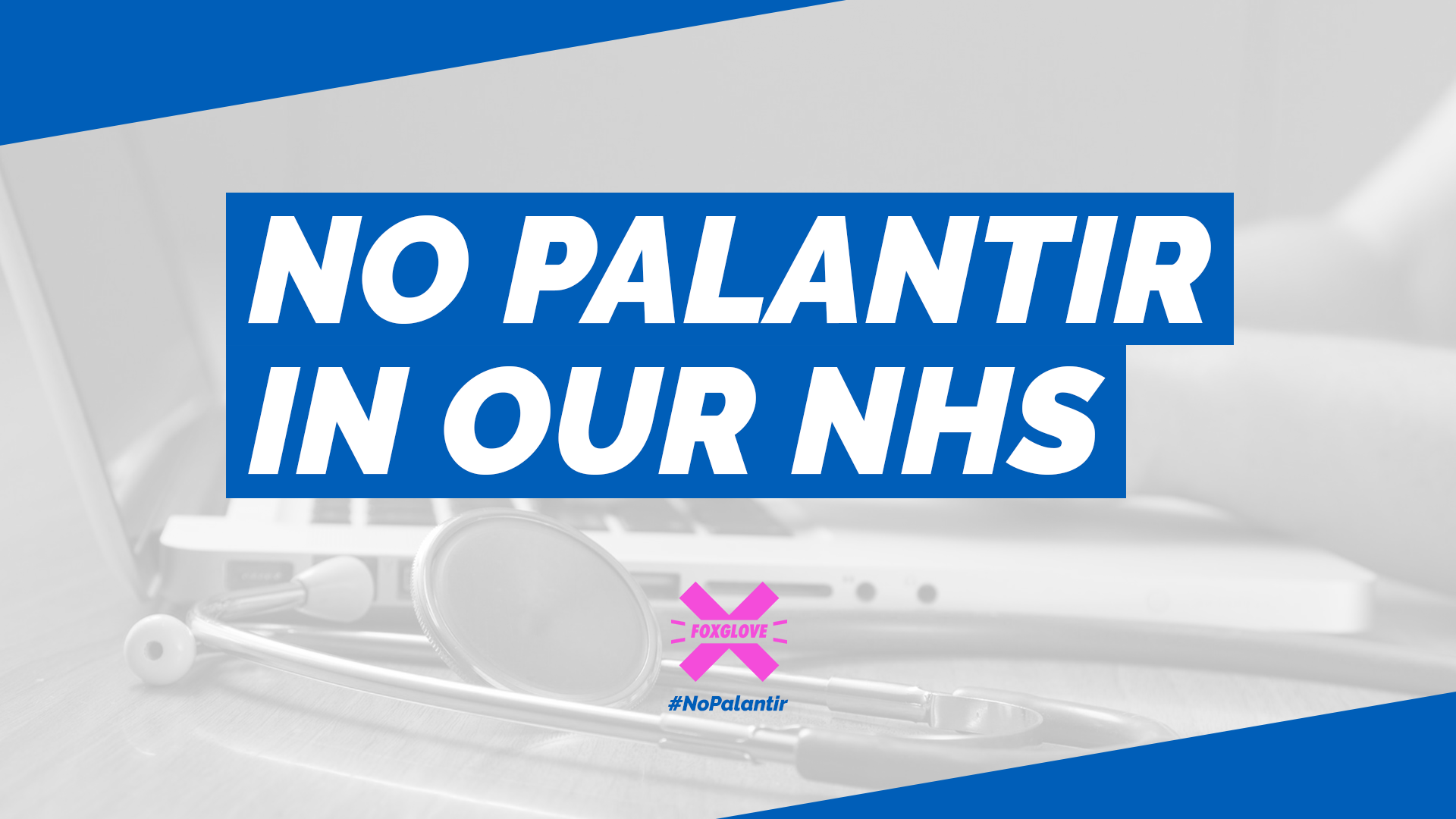So this popped up in my news feed earlier.

 www.bbc.co.uk
www.bbc.co.uk
I must say damn impressive, and the accuracy of it is astounding.
Looking at the picture at the top with the 2 circular marks however, can anyone see what its picked up on?! Because to my untrained eye I cant see anything that doesnt look like another part of the image in some way.

NHS AI test spots tiny cancers missed by doctors
An AI tool called Mia found missed breast cancer symptoms in the scans of 11 women during an NHS test.
I must say damn impressive, and the accuracy of it is astounding.
Looking at the picture at the top with the 2 circular marks however, can anyone see what its picked up on?! Because to my untrained eye I cant see anything that doesnt look like another part of the image in some way.



 I don't think they are citizens if they are crossing a border like that.
I don't think they are citizens if they are crossing a border like that.